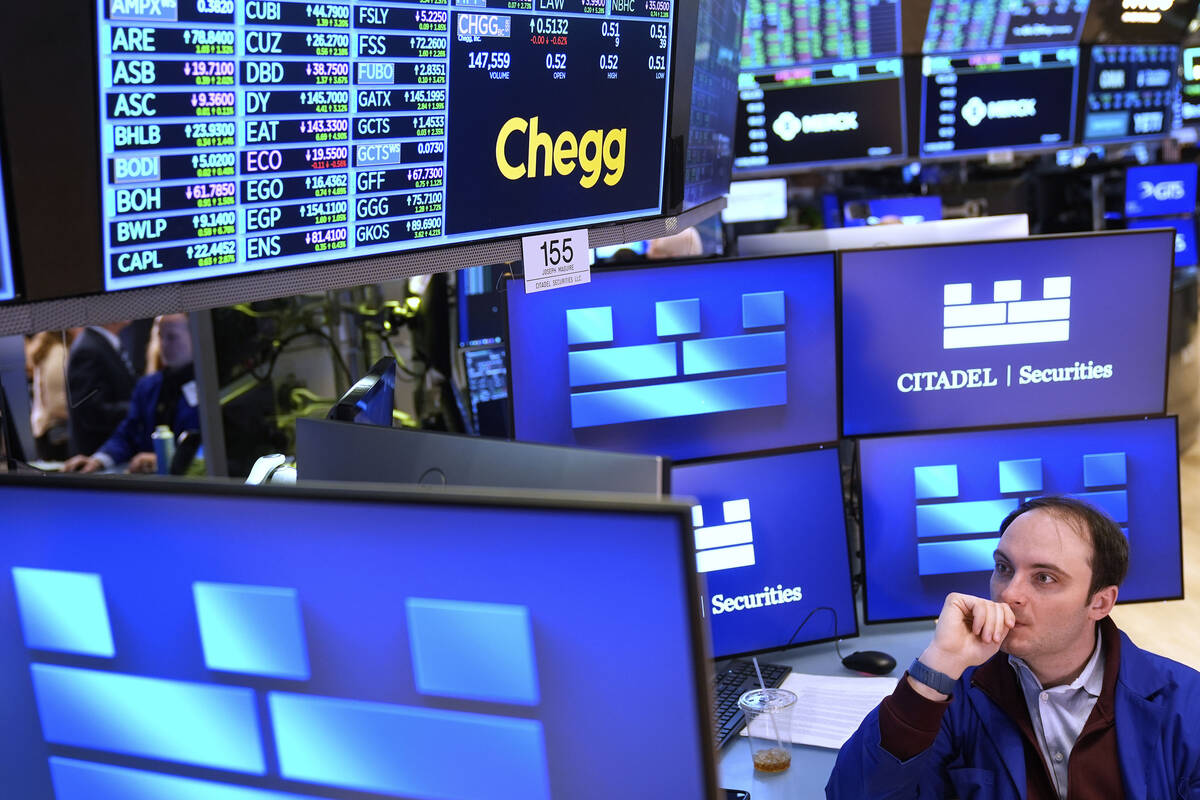Science
Stock Market’s Connection to Economics Debated by Expert Trader

The ongoing debate about the relationship between the stock market and economics has gained attention following a recent letter from financial commentator James Moldenhauer. Moldenhauer argues that the stock market operates independently of economic fundamentals. In response, a seasoned trader with significant experience in the financial sector strongly disagrees, asserting that economics fundamentally drives market trends and behavior.
The trader, who previously held the position of director of marketing for a Fortune 500 company, emphasizes that the stock market plays a critical role in supporting the economy. He argues that it provides essential equity for businesses, which in turn fuels job creation and economic growth. “Building an economy without stocks is like attempting to build a house without a hammer,” he stated, highlighting the interconnectedness of financial markets and economic health.
Reflecting on his early experiences with stock trading, the trader recalls his first transaction, which took place during the administration of President Lyndon Johnson. At that time, the focus was on the “guns and butter” program, a term used to describe the trade-off between a nation’s investment in defense and civilian goods. His high school economics teacher predicted that the inflation resulting from such policies would take two decades to resolve. In a twist of irony, the trader notes that it actually took only 18 years for inflation to stabilize.
The exchange between Moldenhauer and the trader underscores a more significant discussion regarding the influence of economic policy on stock market performance. While some may argue for a separation between the two, the trader’s perspective brings a wealth of experience and insight into the ongoing conversation. He asserts that understanding economic indicators is vital for making informed investment decisions, as these indicators often foreshadow market movements.
Investors often rely on economic data to gauge market conditions. Factors like interest rates, inflation rates, and employment figures can greatly influence investor sentiment and stock prices. The trader argues that dismissing the connection between these elements can lead to a misunderstanding of how financial markets operate.
As discussions on this topic continue, it becomes clear that the relationship between the stock market and the economy remains a complex and nuanced subject. The views of both Moldenhauer and the seasoned trader contribute valuable perspectives to this ongoing dialogue, inviting further exploration of how economic principles shape market dynamics.
In conclusion, the exchange highlights the necessity of examining the interplay between economic policies and stock market performance. As investors navigate this landscape, a deeper understanding of these connections can aid in making informed decisions that ultimately contribute to economic stability and growth.
-

 Lifestyle3 months ago
Lifestyle3 months agoLibraries Challenge Rising E-Book Costs Amid Growing Demand
-

 Sports3 months ago
Sports3 months agoTyreek Hill Responds to Tua Tagovailoa’s Comments on Team Dynamics
-

 Sports3 months ago
Sports3 months agoLiverpool Secures Agreement to Sign Young Striker Will Wright
-

 Lifestyle3 months ago
Lifestyle3 months agoSave Your Split Tomatoes: Expert Tips for Gardeners
-

 Lifestyle3 months ago
Lifestyle3 months agoPrincess Beatrice’s Daughter Athena Joins Siblings at London Parade
-

 World2 months ago
World2 months agoWinter Storms Lash New South Wales with Snow, Flood Risks
-

 Science3 months ago
Science3 months agoTrump Administration Moves to Repeal Key Climate Regulation
-

 Business3 months ago
Business3 months agoSoFi Technologies Shares Slip 2% Following Insider Stock Sale
-

 Science3 months ago
Science3 months agoNew Tool Reveals Link Between Horse Coat Condition and Parasites
-

 Science2 months ago
Science2 months agoSan Francisco Hosts Unique Contest to Identify “Performative Males”
-

 Sports3 months ago
Sports3 months agoElon Musk Sculpture Travels From Utah to Yosemite National Park
-

 Science3 months ago
Science3 months agoNew Study Confirms Humans Transported Stonehenge Bluestones








